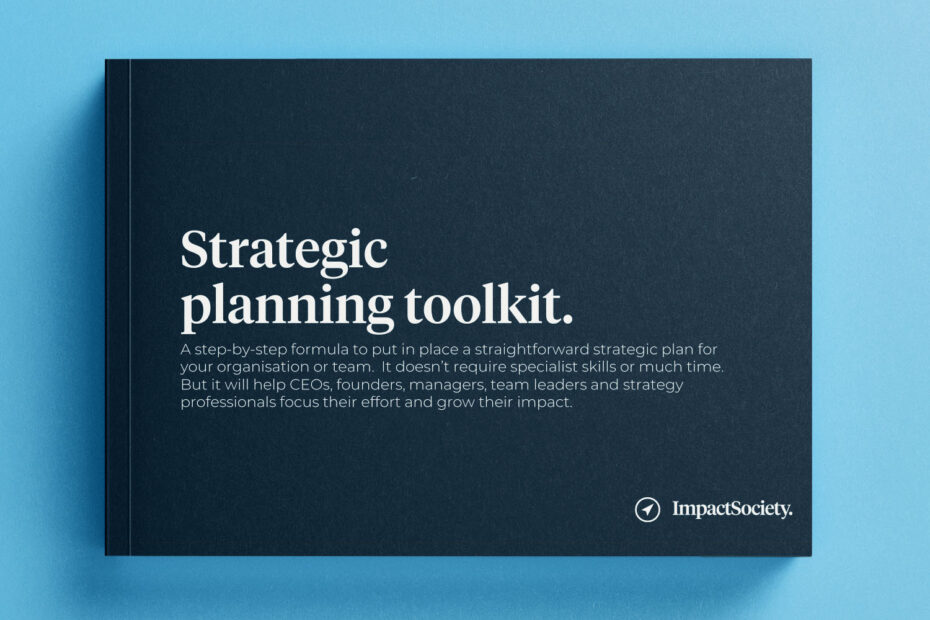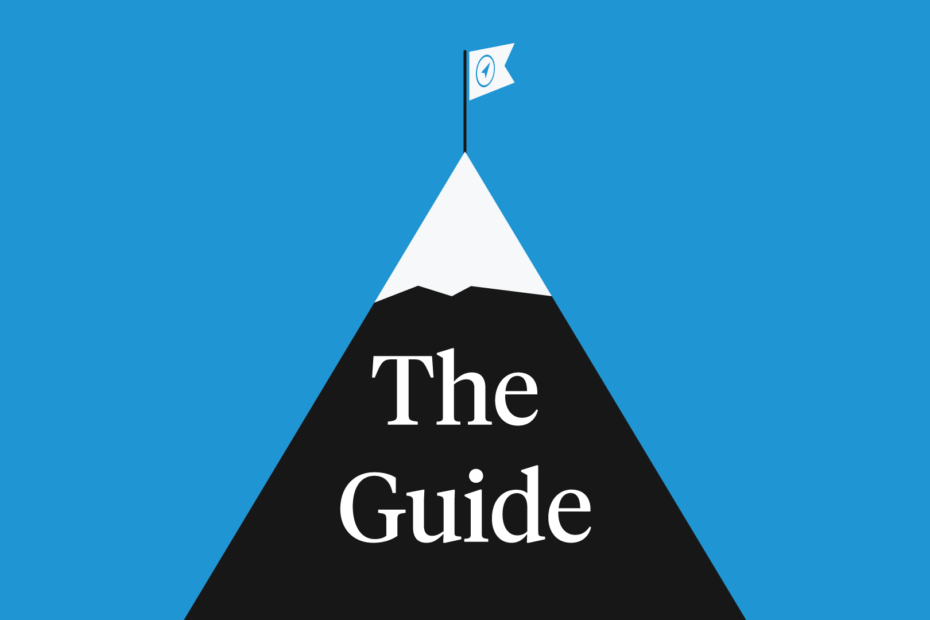Here’s a quick way to test the quality of your strategic plan
Here’s a quick way to test your organisation/team strategic plan quality. (it takes less than 20 minutes) We’ve developed a free 20 point strategic plan audit, which you can download here. The audit allows you to quickly assess the completeness, quality and implementation of your…



















